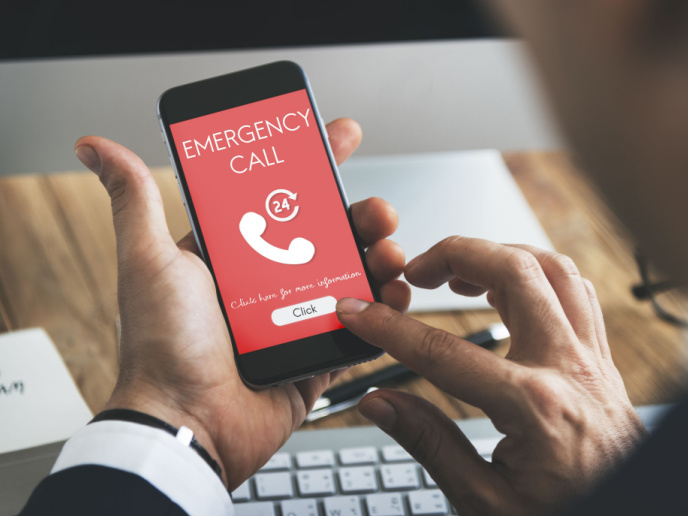Exploiting the potential of social media and crowdsourcing for better disaster resilience in Europe
For disaster management organisations (DMOs) across Europe, SMCS are playing an increasingly larger role in dealing with crises. However, their effectiveness remains unclear, as do their opportunities and challenges in European disaster resilience. To better understand the role of SMCS for local European communities in disasters, the EU-funded LINKS project carried out studies on five scenarios: flooding, droughts, terrorism, earthquakes and industrial disasters. This research is feeding into the LINKS Framework, a set of learning materials such as methods, tools and guidelines on the use of SMCS in disasters. They are designed for relevant stakeholders that mainly include practitioners, policymakers, research networks, industrial bodies and citizens.
Learning is an important aspect of European disaster resilience
“The LINKS Framework is specially being developed to help DMOs concentrate on what is important when considering the application of SMCS in disaster management processes,” explains a news release posted on the ‘ReliefWeb’ website provided by the United Nations Office for the Coordination of Humanitarian Affairs. “The Framework also supports strategic thinking and can be used as a tool for planning how DMOs can apply SMCS in all phases of disasters. With this aim, the LINKS Framework is depicted metaphorically as a compass aiming to support navigation and orientation related to two main themes: engaging with citizens, improving communication.” The first theme allows DMOs to better engage with citizens. This will be done by supporting the collection and analysis of information from SMCS and by mobilising volunteers and citizens. The second supports DMOs in improving their communication strategies by using social media. The goal is to target communication to ensure the quality of information and to make the information accessible.
Strengthening links between technologies and society for resilience
All the LINKS Framework’s resources will be accessible via an interactive web-based platform called LINKS Community Center. These include a library that provides a market overview of the SMCS technologies used in disasters, a data set of guidelines on SMCS use in disasters, a handbook presenting instructions on how to promote more inclusive methods in disaster risk management and an educational toolkit to develop risk awareness in minors using SMCS. To enhance European disaster resilience, LINKS (Strengthening links between technologies and society for European disaster resilience) is bolstering the relationships between technologies and society. To do so, it is delivering sustainable, advanced learning materials on the use of SMCS in disasters. The project ends in November 2023. For more information, please see: LINKS project website
Keywords
LINKS, social media, crowdsourcing, disaster, resilience, disaster management, communication



